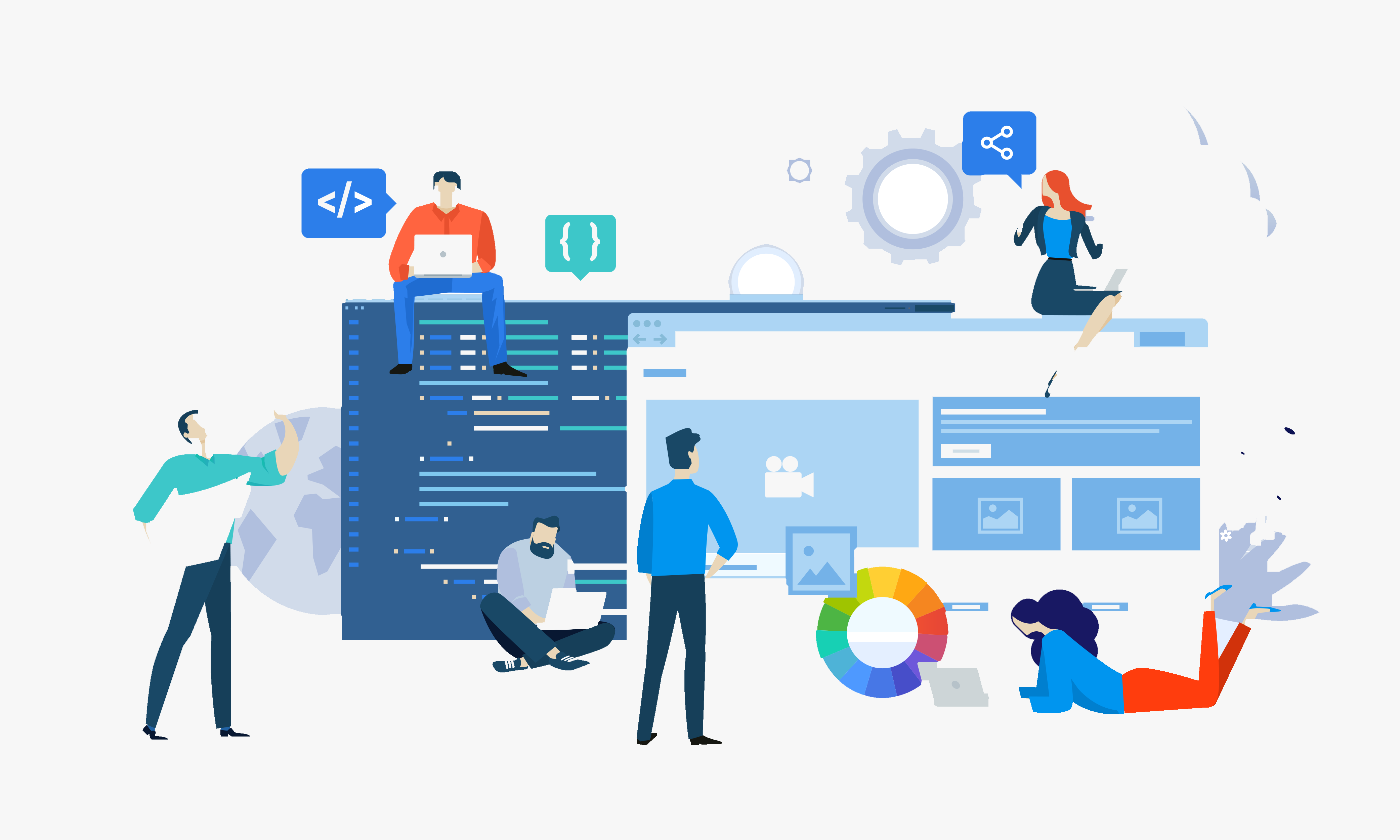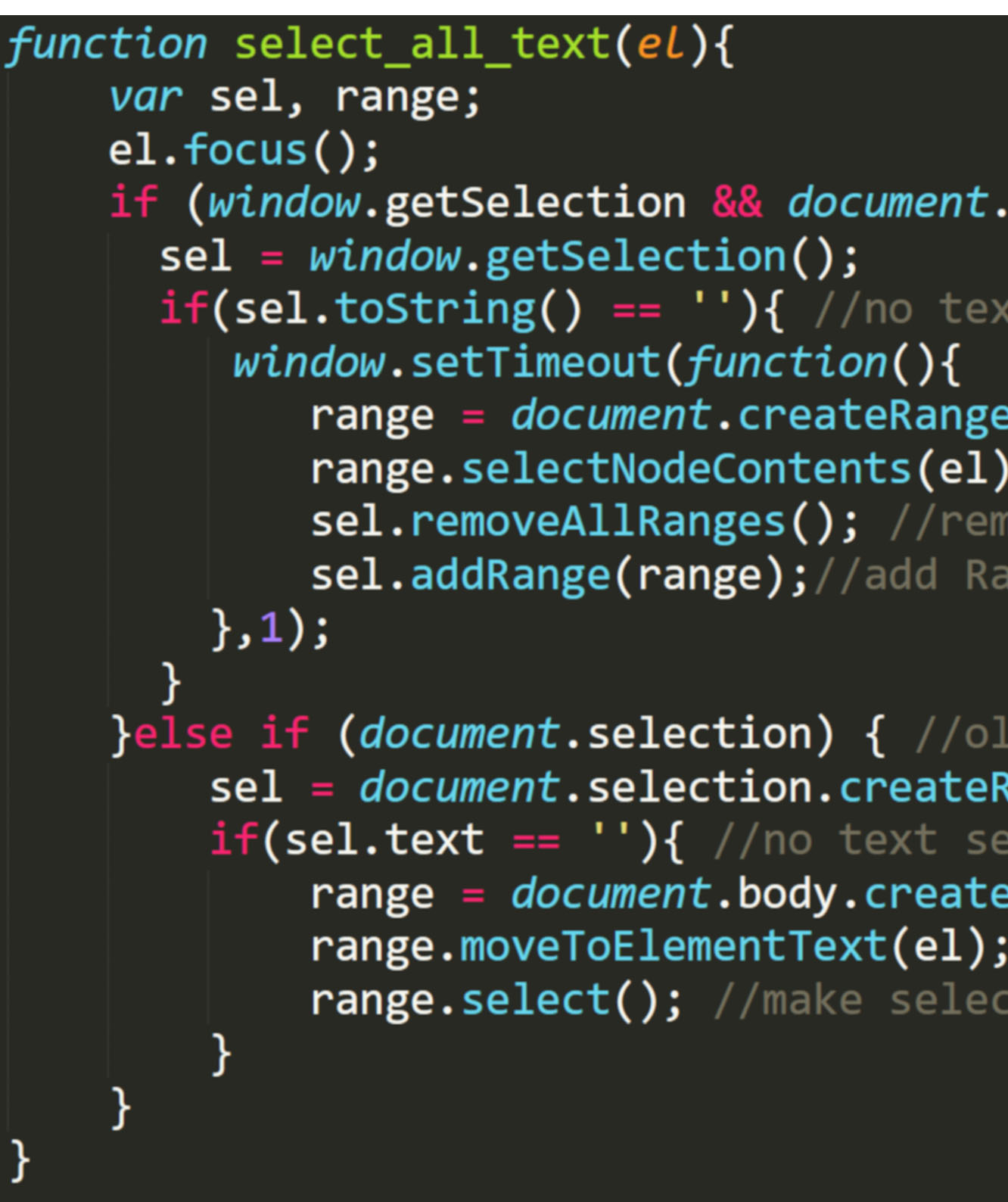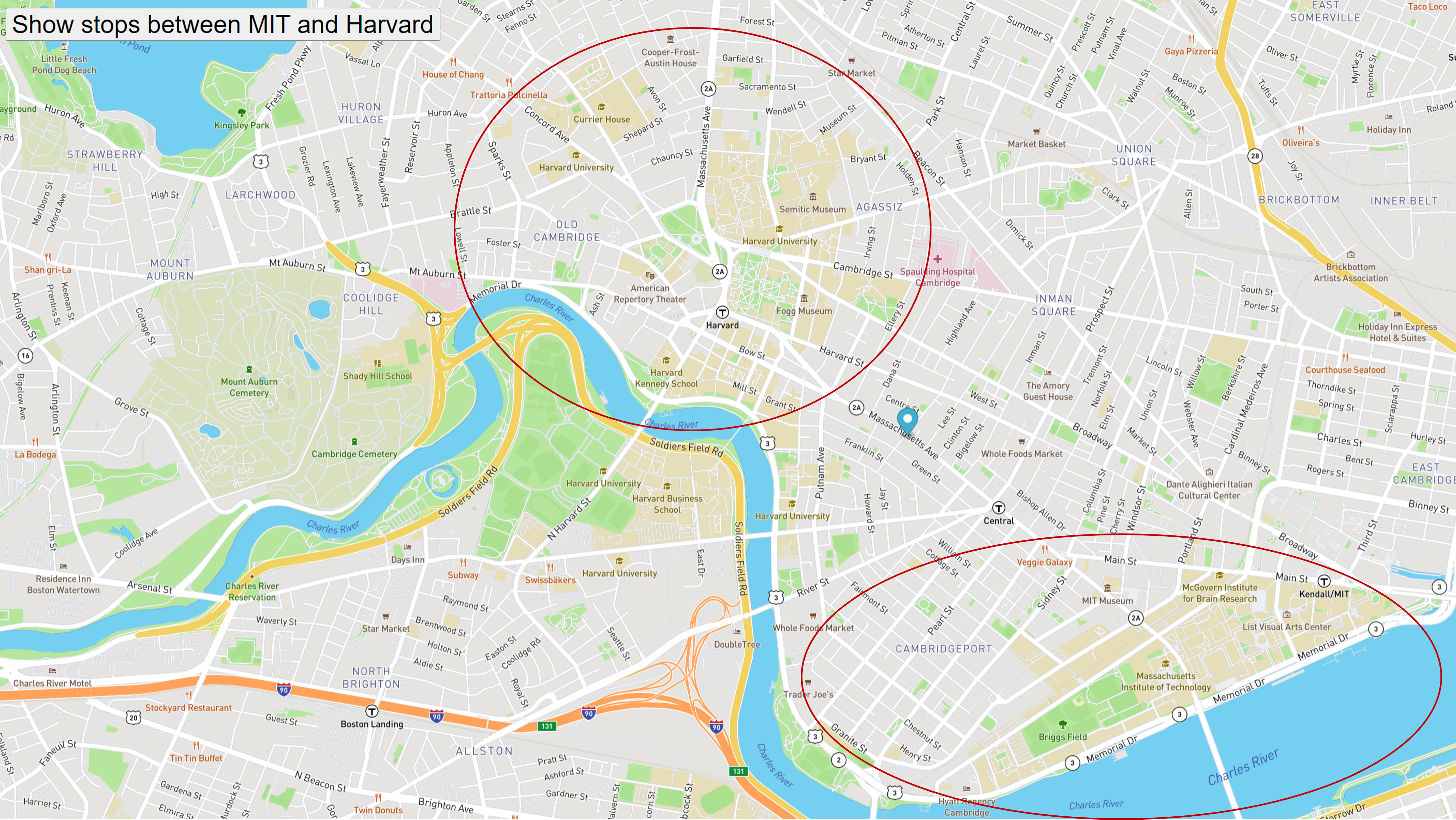
The Purposeful Path
Learning to code
Boot Camp Projects
MIT xPro® Professional Certificate in Coding
Wigwag's founder has enrolled in the Professsional Certificate in Coding from MIT in collaboration with Emeritus.
Learn more about the founder.
DOM Manipulaton Coding Activity
This project is an extension of a previous coding activity consisting of manipulating one pac man. Here multiple pac men are inserted upon mouse clicks and are confined to bounce within the screen walls.
PacMen Exercise
Animated Style Application
This project demonstrates animation upon mouse click. In this case, eyeball movement with the mouse.
Eye Exercise
Map Animation
An API was inserted as a part of the map animation project. Bus stops between the MIT and Harvard campuses are depicted with a marker with setTimeout function set at 1000ms intervals.
Real Time Bus Tracking
Code Quality and Continuous (Personal) Improvement
Programming is a use or lose skill set. It is essential for any person who has survived coding boot camp continue to improve their skills sets to ensure code quality. The following are some lessons learned to help students make it through boot camp:
- Maintain a Healthy and Safe Work Environment: Make sure you have an ergonomically correct work station. Check that your desk, keyboard, mouse, chair, monitor and lighting follow recommended ergonomic guidance. Invest in a standing desk or tabletop monitor stand that will raise to allow you to periodically stand throughout your coding activities. Keep your music down so you do not destroy your hearing. Lastly, if you have silicone sensitivity or allergy, make sure your headset are not coated in silicone or your in-ear headphones contain silicone. Otherwise, you encounter ear infections, inflammation, skin rash, headaches, and other unwanted symptoms.
- Coding Typing Test: Take 15 minutes every morning and take a coding typing test.
- Focus: Seriously, put your silicone-free headset on with your vibe music and get coding.
- Message: Someone always knows more than you. Slack, Discord...whatever; but just network and contribute to forums such as stackoverflow.
- Read: Programming books, websites, community sites. Then read some more.
- Research: Question anything that does not make sense. Validate using MDN, stackoverflow, or Google other reputable sources. Ask your trusted friends or coworkers for help, if needed.
- Take Breaks: Take a shower, put on some clean clothes and go out with friends, family or take your furbaby for a walk. Just do something physically fun.
Because once you start coding --you cannot stop! If you do not become passionate about coding then you need to evaluate if coding is for you.